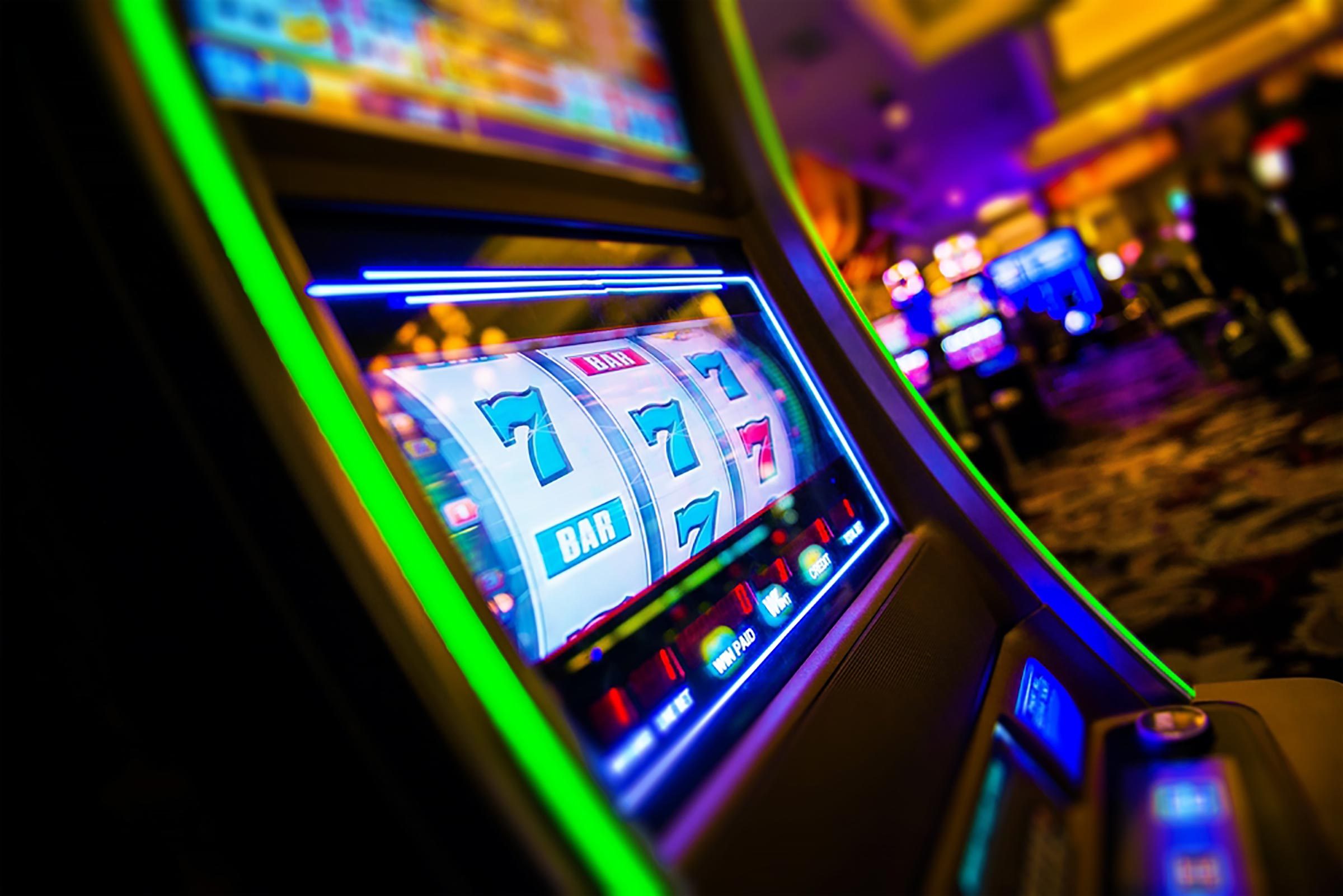A Cultural Influence of Gambling Games Worldwide

Casino games have long been a fascinating form of entertainment, drawing millions of players from different cultures around the globe. From the glitzy casinos of Vegas to the busy gambling halls of the Cotai Strip, these games serve as a common thread that brings together people across various backgrounds. The allure of fortune, skill, and risk entices not only those seeking to strike it rich but also those seeking a feeling of belonging.
The cultural impact of casino games extends significantly past the gaming floor. They often represent the cultural standards and principles of the cultures in which they flourish. Games such as Texas hold 'em, blackjack, and the spinning wheel have embedded themselves into the tapestry of mainstream culture, influencing multiple fields from movies to style. As we explore this captivating intersection of gambling and life, we can gain insights into how these games shape and are influenced by the surrounding world.
Historical Development of Casino Activities
The beginnings of gambling games can be traced back to historical civilizations, where betting in different forms was widely practiced. View Football results here In China, around 2300 B.C., a type of lottery known as Keno was well-known, while in ancient Rome, soldiers would often bet on the outcomes of their contests. The notion of using luck for entertainment and profit progressed over the years, leading to the creation of more structured activities. By the late Middle Ages, gambling houses began to surface in the continent, especially in the Italian peninsula, which introduced early incarnations of popular activities still enjoyed today.
As betting expanded popularity in European regions, the 17th and 18th centuries saw the rise of casinos as exclusive locations for gaming. The first official casino, the Ridotto, was established in the city of Venice in sixteen thirty-eight, featuring games like Baccarat games and Faro. This time marked a crucial shifting point, as casinos commenced to attract not just the high society but also the burgeoning middle class. The refinement of activities grew, leading to the creation of new guidelines and modifications that improved the play experience.
In the 19th century, the era of industrialization and transformations in social norms additionally transformed the environment of gambling games. The introduction of roulette and contemporary slot machines attracted a more diverse clientele, and gambling establishments became seen as acceptable fun. This time witnessed the worldwide proliferation of gaming, as gambling houses extended from Europe to the Western Hemisphere, culminating in the creation of the famous Las Vegas Strip in the 1900s. The development of gambling games has progressed into the modern era, integrating technology and digital sites, rendering them accessible to a global market.
## Cultural Relevance in Diverse Communities
Casino activities have significant social value across numerous societies around the world. In Las Vegas, the very core of the city is woven around gambling establishments, where gambling is not just a hobby but a key aspect of entertainment and community life. The dazzling lights and dynamic atmosphere attract countless individuals, showcasing how casino games can influence local financial landscapes and cultural identities. This surrounding transforms the notion of recreation into an immersive encounter that influences style, melodies, and even film.
On the other hand, some cultures view wagering with greater care, considering it through the lens of ethical beliefs and tradition. For example, in many Eastern communities, games like Mahjongg and Pai Gow are steeped in history and carry significant social implications. These games are often played during meetings and festivities, fostering community bonds and strengthening family ties. The act of engaging in these games goes beyond mere entertainment, reflecting ethics such as honoring elders and the importance of collective enjoyment.
Simultaneously, in Western countries such as Monaco and Italy, casino games serve as symbols of wealth and elegance. The elegant atmosphere of these establishments attracts both travelers and native inhabitants, maintaining a sense of distinction and rarity. The art of Texas Hold'em and the tactical components of games like baccarat are appreciated, shaping social dynamics and establishing an attraction that fascinates a varied audience. This highlights how games of chance can simultaneously reflect and shape cultural attitudes towards hazard, gain, and social interaction.
Financial Influence and Tourism
Gambling activities play a important role in the financial context of many regions, particularly those that rely heavily on tourism. The revenue generated from casino operations fuels local economies, creating employment opportunities not only within the casinos but also but also in related sectors such as hospitality, dining, and entertainment. This surge of tourists, drawn by the attraction of games and the overall gaming environment, stimulates expenditure across multiple businesses, contributing to the economic vitality of the region.
The existence of casinos often leads to the development of facilities, including lodging, transportation systems, and leisure amenities. 3. Roofing Fayetteville GA These improvements are essential in enhancing the overall visitor satisfaction, making destinations more appealing to tourists. Additionally, many casinos contribute in local communities through sponsorship of events and charitable activities, further integrating themselves into the social fabric of the locality. Such investment not only supports economic growth but also cultivates a positive reputation of the casino industry.
Furthermore, the worldwide appeal of casino games drives competitive tourism, with regions vying to attract players from across the globe. Iconic locations like Las Vegas and Macau have become synonymous with gambling culture, drawing millions annually. This advantage encourages creativity and variety within the gambling sector, influencing trends in leisure and hospitality that extend beyond their limits. The ripple effects of this tourism extend wide, impacting local financial health and cultural exchanges on a worldwide scale.
